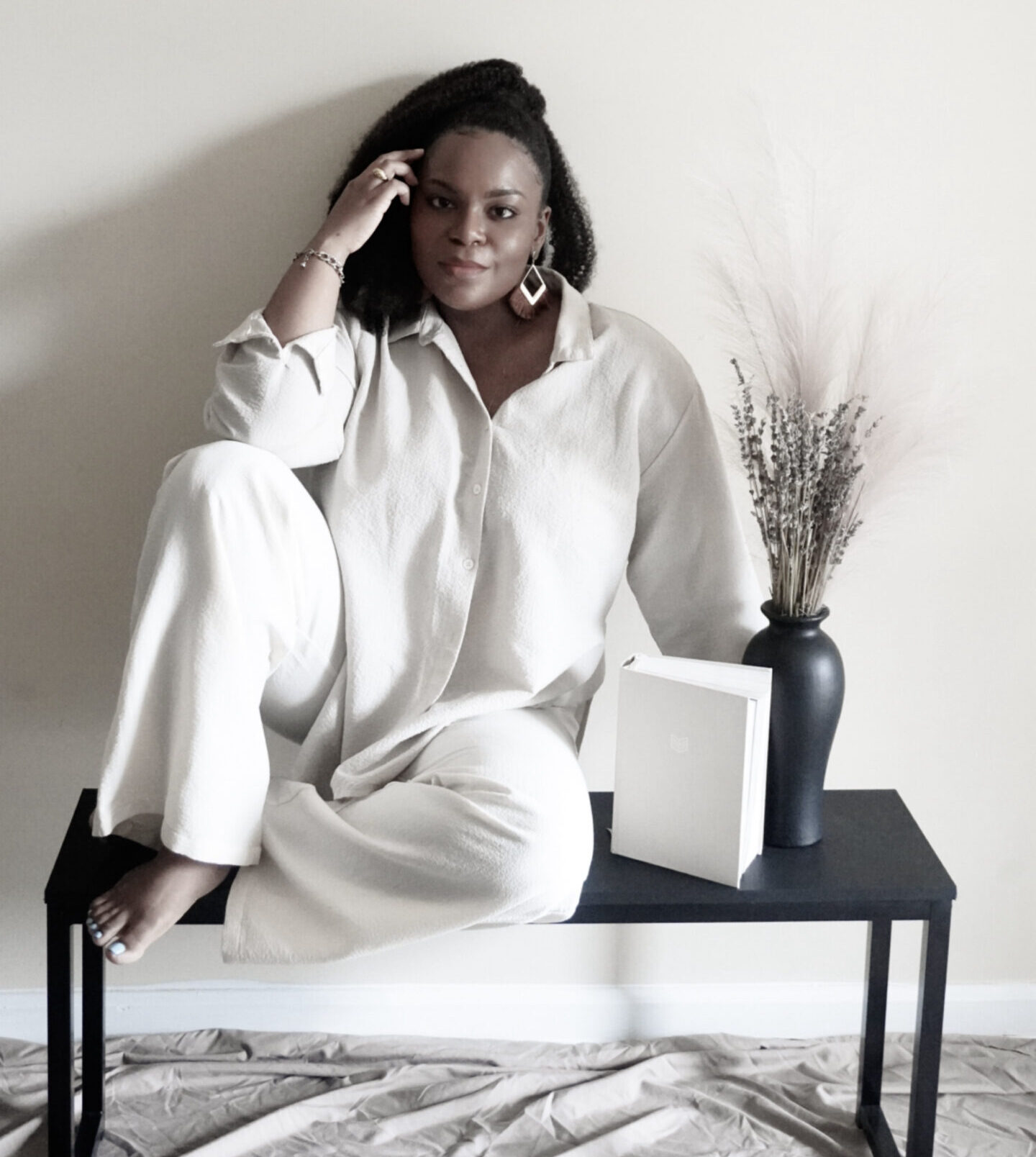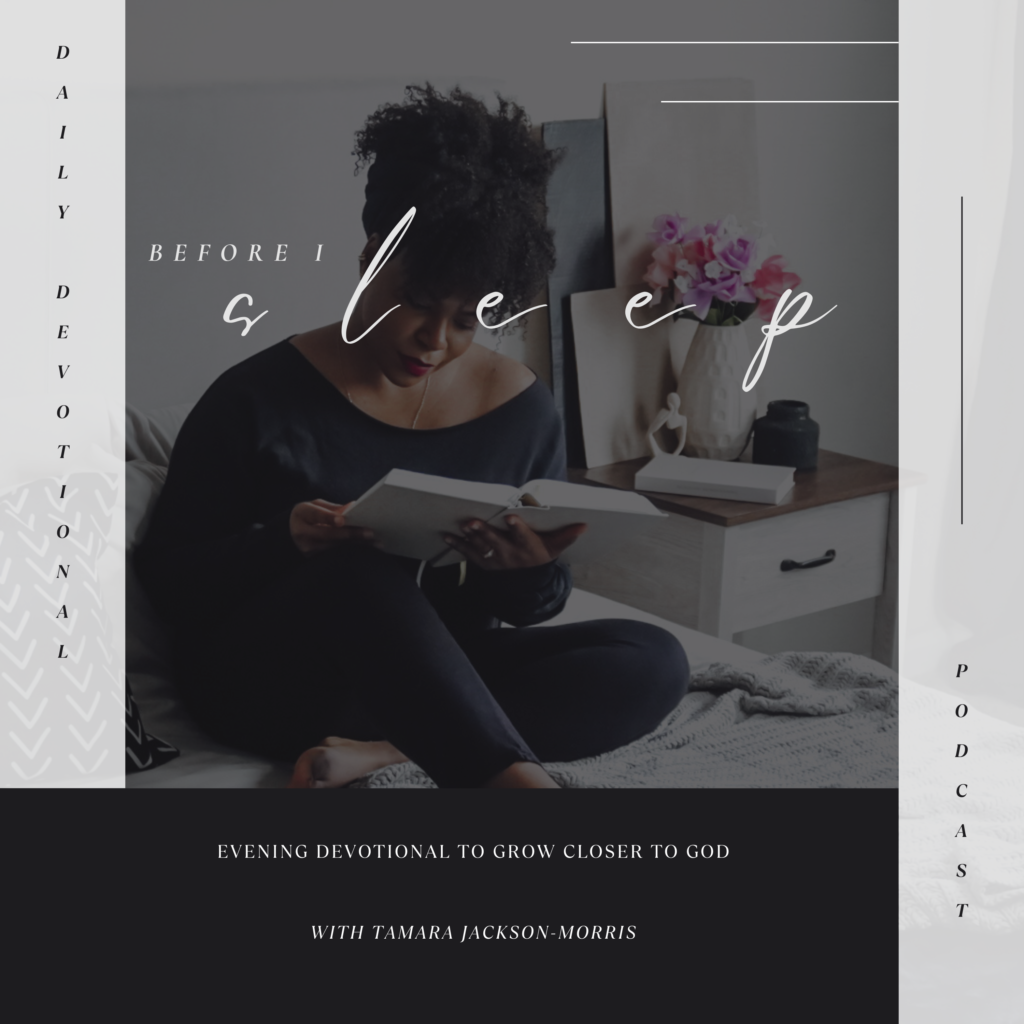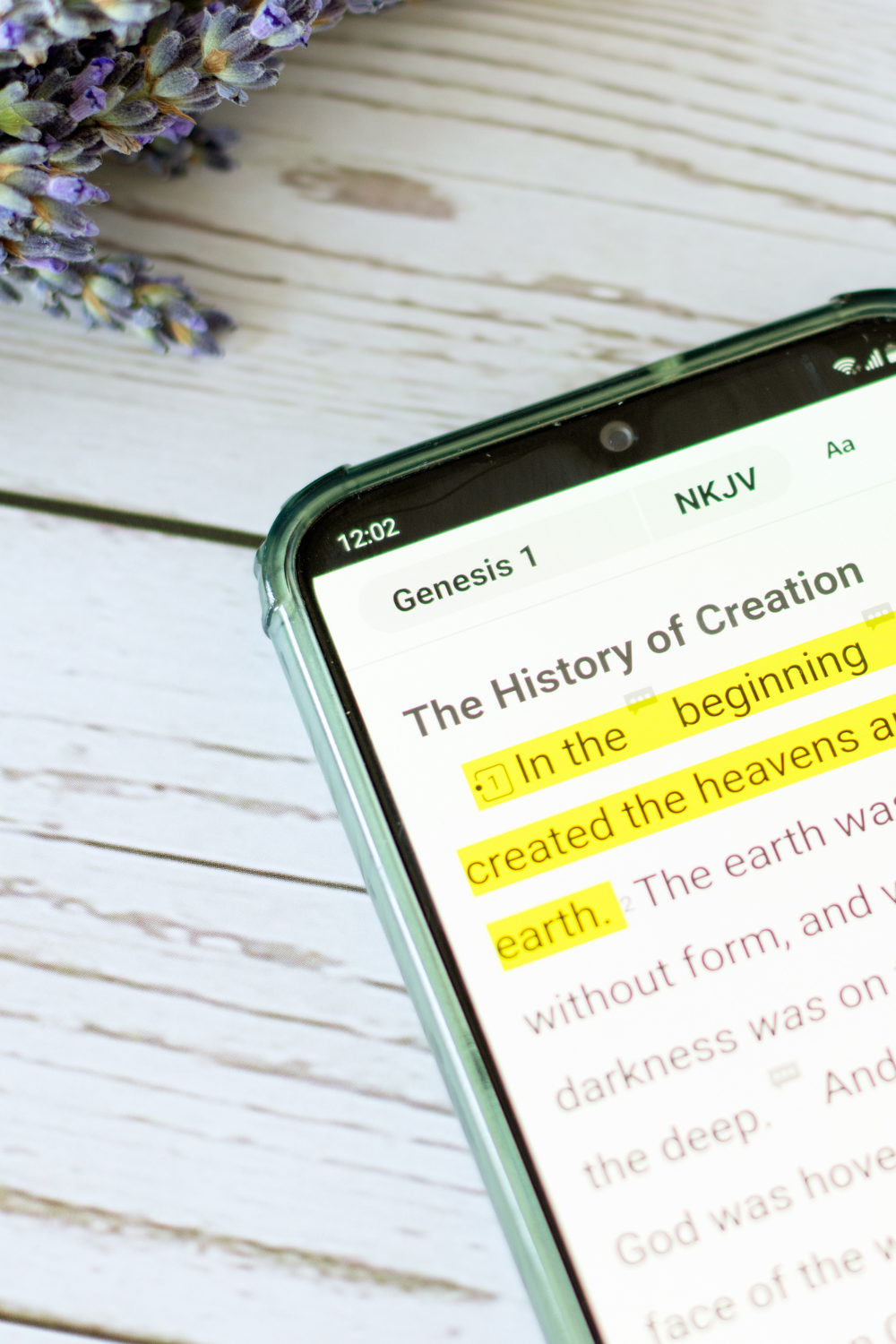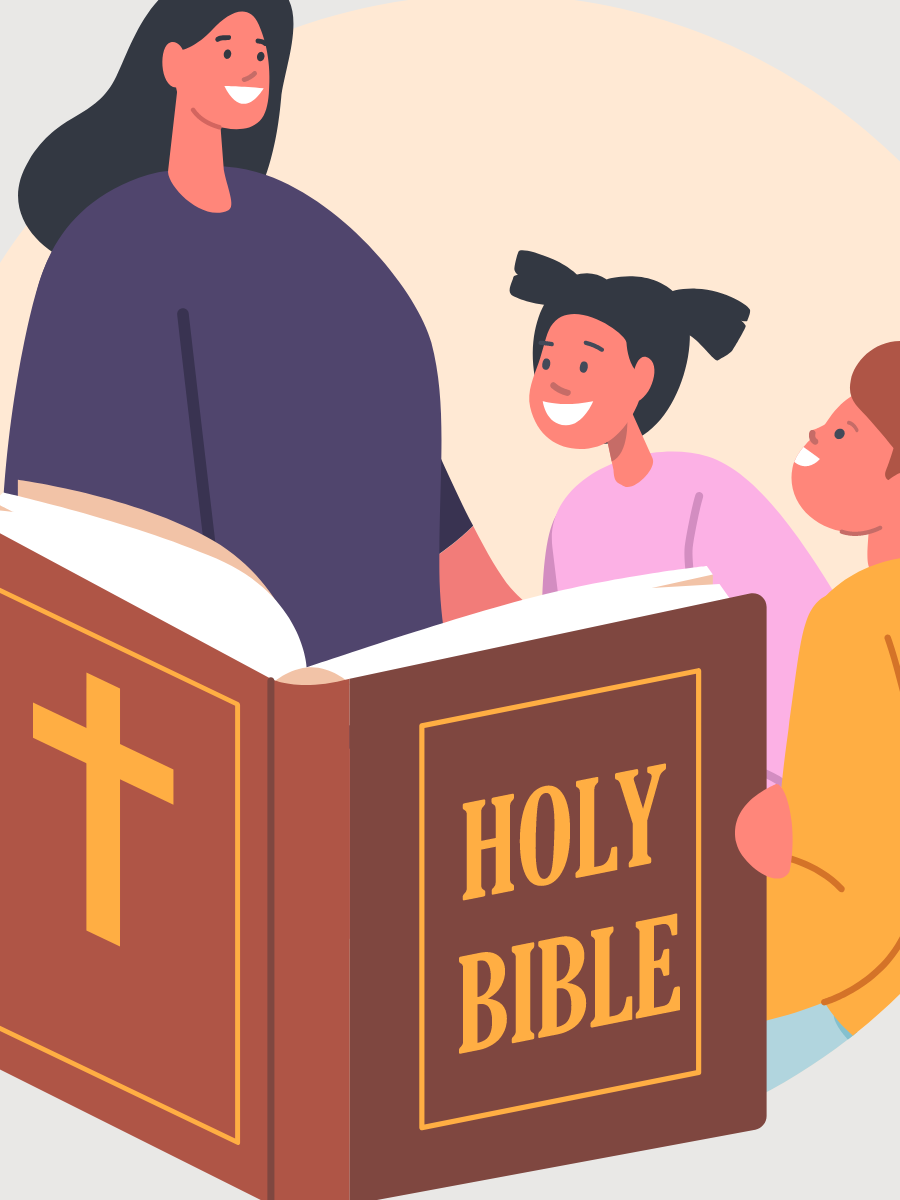The Bible is full of women whose stories teach us to cultivate a greater faith. As a woman, I find it comforting to relate to these women emotionally though we are generations removed from each other. I will never know their experience and they will never know mine, but what connects us is our common thread of faith. Jesus is the one who holds us together. Here are three women in the Bible to study to help grow your faith.
Hannah
Hannah is a woman who demonstrated great faith in a time of suffering. Her husband was Elkanah, who was also married to Peninnah. Peninnah had children but Hannah had none though she longed for them. Because of this, Peninnah would taunt her. Hannah experienced pure love from her husband but she still had to endure the torment from his other wife and live with the grief of not being able to conceive.
Understandably, Hannah was deeply hurt and heartbroken. But what’s remarkable about her story is her response. She didn’t run into an emotional hole and stay there. Nor did she become bitter and vengeful. She didn’t turn inward. She turned to God and prayed.
“Making a vow, she pleaded, “Lord of Armies, if you will take notice of your servant’s affliction, remember and not forget me, and give your servant a son, I will give him to the Lord all the days of his life, and his hair will never be cut.”
1 Samuel 1:11 CSB
Bible.com
I don’t think Hannah’s prayer was uncommon. We’ve seen it repeatedly when someone makes a vow to God out of desperation. You may have done it yourself. What can sometimes be uncommon is Hannah’s commitment to keeping her word. God did hear Hannah’s plea and He answered. She conceived and gave birth to Samuel, a powerful prophet. After Samuel was weaned, probably around three years old, Hannah took him to Shiloh to be raised in the presence of the Lord. The very son she prayed for, she surrendered back to God.
Questions To Ask In Your Study
- What does Hannah’s prayer teach you about suffering?
- What gave Hannah the strength to release Samuel to be raised by the priest?
Ruth
Ruth was a woman from Moab who married a man from Judah. But then her husband died. Her mother-in-law, Naomi, was crushed after losing both of her sons and her husband. Naomi decided to return home to Bethlehem when she heard the famine was over and told her two daughters-in-law, Ruth and Orpah to return to their homes and their people. Orpah listened but Ruth did not.
“But Ruth replied: Don’t plead with me to abandon you or to return and not follow you. For wherever you go, I will go, and wherever you live, I will live; your people will be my people, and your God will be my God. Where you die, I will die, and there I will be buried. May the Lord punish me, and do so severely, if anything but death separates you and me.”
Ruth 1:16-17 CSB
Bible.com
Ruth refused to abandon Naomi or the God she had come to serve. She remained faithful. Eventually, Ruth meets Boaz and they marry.
Questions To Ask In Your Study
- Why was Ruth unwilling to return home to her family after her husband died?
- What does Ruth’s devotion to Naomi reveal to us about Ruth’s devotion to God?
Naomi
Although the book is titled Ruth, it is also very much a story about Naomi. A story that I don’t think is discussed much. Naomi’s experience reveals so much about the human experience and our response to grief. If we’re honest, most of us probably relate to Naomi more than we do to Ruth. Naomi suffered three major losses in her life through the deaths of her husband and two sons. It seemed like life had taken everything from her. She was hopeless. Naomi questioned why Ruth would want to remain with her. She had no more sons so she thought she had nothing left to give.
“But Naomi replied, “Return home, my daughters. Why do you want to go with me? Am I able to have any more sons who could become your husbands? Return home, my daughters. Go on, for I am too old to have another husband. Even if I thought there was still hope for me to have a husband tonight and to bear sons, would you be willing to wait for them to grow up? Would you restrain yourselves from remarrying? No, my daughters, my life is much too bitter for you to share, because the Lord’s hand has turned against me.”
Ruth 1:11-13 CSB
bible.com
You can hear the heartbreak in Naomi’s words. She became bitter and felt that the Lord had turned against her. Then something significant happens when Naomi and Ruth enter Bethlehem. Name changes are consequential in the Bible. God gives new names as a sign to reveal identity, demonstrate newness, and establish a covenant. But in Ruth 1:20, Naomi gives herself a new name.
“Don’t call me Naomi. Call me Mara,” she answered, “for the Almighty has made me very bitter.”
Ruth 1:20 CSB
Bible.com
How many times have you identified with your situation or circumstance? How often do we create false identities for ourselves because of disappointment? Can you see yourself in Naomi? I know I can. I empathize with her because I understand her. Eventually through Ruth and Boaz’s story, Naomi comes to find joy again and the women call her blessed. Not bitter, blessed.
“The women said to Naomi, “Blessed be the Lord, who has not left you without a family redeemer today. May his name become well known in Israel.”
Ruth 4:14 CSB
Bible.com
Questions To Ask In Your Study
- Do you find Naomi’s response to her suffering relatable?
- Why was family redemption important in Naomi’s story?
A Greater Faith
These three women in the Bible all lived very different lives and each had a unique experience with suffering. Through their experiences, we can glean the wisdom we need to produce greater faith in our lives. We are not promised an easy life as Christians. Quite the opposite. We shouldn’t shy away from stories of endurance because faith is produced under pressure.
With Love,
Tamara
Pin This Post For Later!


References:
Scripture quotations marked CSB have been taken from the Christian Standard Bible®, Copyright © 2017 by Holman Bible Publishers. Used by permission. Christian Standard Bible® and CSB® are federally registered trademarks of Holman Bible Publishers.
















